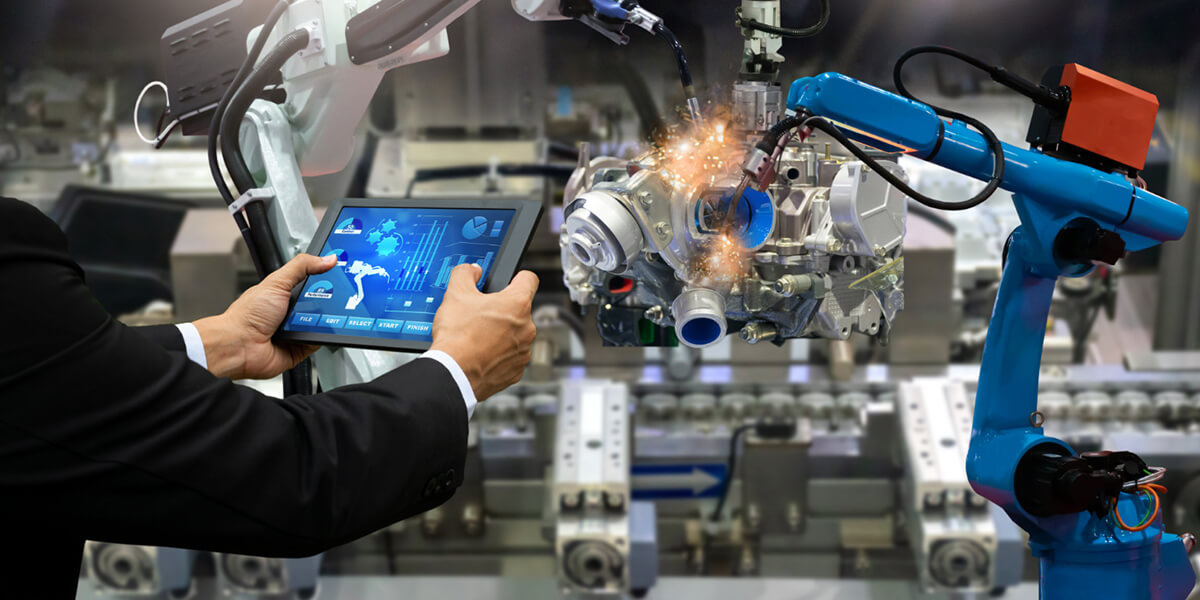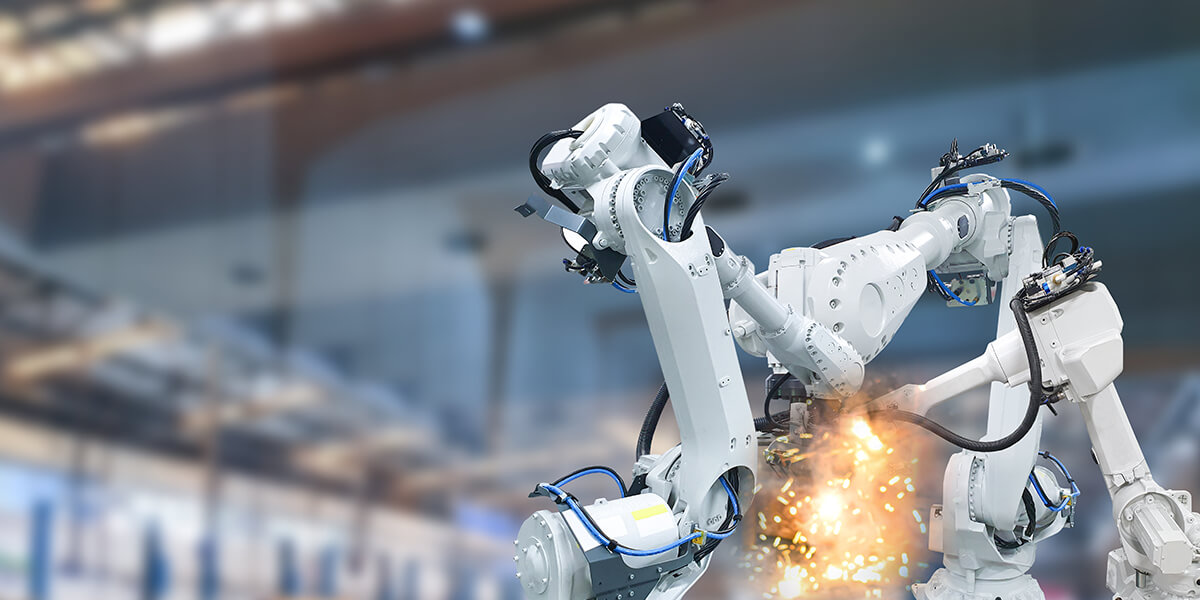
Scope for Automotive Software Development in Vehicle Manufacturing and Related Industries
The automotive industry is increasingly becoming a data-driven industry, meaning that there will be a big role for the information technology sector. The latest versions of all vehicle manufacturers are aiming to make their products smart and intelligent. This means they will increasingly depend on software and data. The data that will make it possible to achieve the objectives of the new variant automobiles will come from a performance level, driver behavior, road conditions, terrain, traffic density, and overall maintenance of the vehicle.
Artificial Intelligence (AI) and Information Technology will play a significant role in the customization process of vehicles. It will extensively help vehicle owners to alert them on maintenance requirements and replacement considerations of components. Yet another critical role for AI and IT is in the role they are expected to play in self-driving vehicles in which safety is an important consideration. This will radically change the ways in which mankind will use transportation overall. The future of technology will focus on higher safety standards for users, provide useful information and make traveling more joyful.
Important Areas for IT and AI Application:

In the development of self-driving smart cars and transport vehicles – New software will need to be developed for ride-sharing, offering as a service, automating maintenance schedules, personalization pods, and fleet designing.
IT technology will find application in the development of vehicles that can be controlled by a wave of hand or gesture technology. Opening a window, controlling airflow, temperature by just pointing at a screen are all distinct possibilities with the help of appropriate software and artificial intelligence.
In the development of automotive software for predictive maintenance – predictive maintenance is critical for ensuring reliability, durability, and safety of vehicles. The software can help automate this critical function through the use of artificial intelligence and machine learning (ML). Driving can be personalized based on data collected and compiled from past experiences. The principal role of software will be the development of algorithms that help to automate. Some progress in these directions is in the advanced stage of development for scheduling tire changes.
In the development of augmented reality dashboards – Augment reality (AR) will help drivers with more information over and above what they actually see in real-time. With AR technologies using software, information can be displayed on the windshield. These are popularly known as AR dashboards. AR dashboards can give actual information about the objects ahead on the road and even accurately estimate the distance to help drivers prevent accidents.
In the development of level-4 driverless cars – driverless cars are the future of the automobile industry around the world. Level-3 and Level-4 cars require highly sophisticated software. The scope for the development of software for this segment is vast with development still in its nascent stage. The benefits of these types of cars are enormous – incidents of accidents and road accidents will come down dramatically. The biggest benefit of all is that accidents due to drunken driving will come down.
The main challenges that development of Level-3 and 4 cars are in categorized data pertaining to teaching the car through the use of millions of case scenarios captured with software and put to practical use.